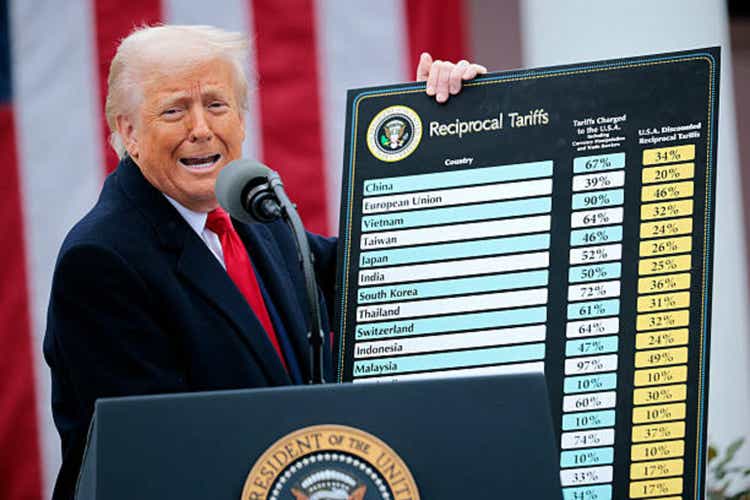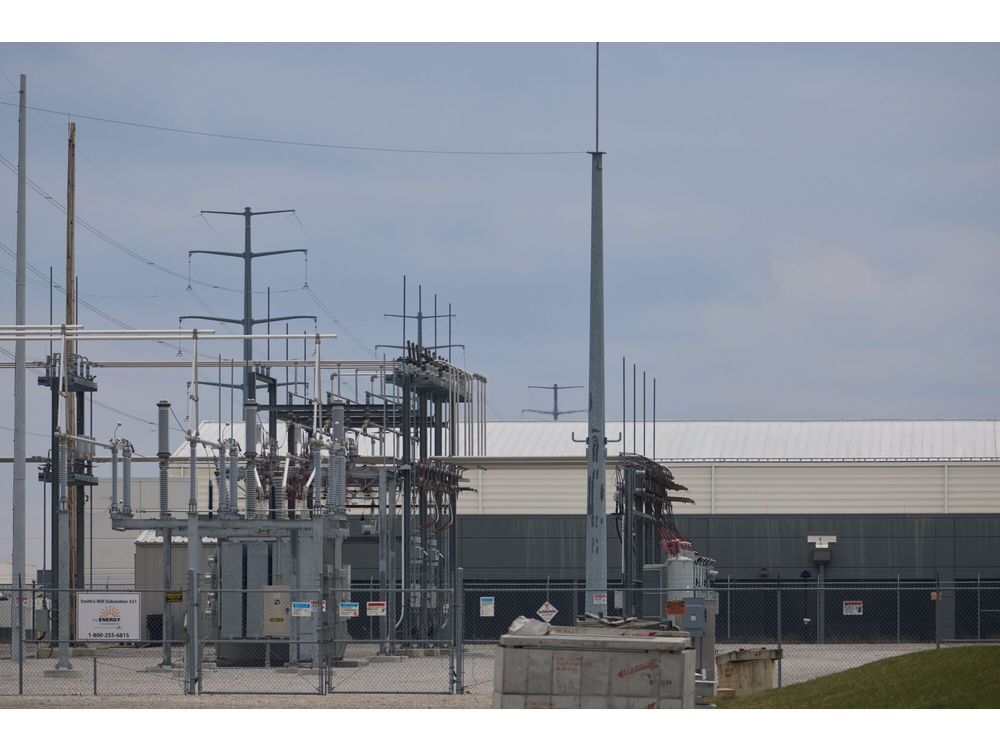PROTECT YOUR DNA WITH QUANTUM TECHNOLOGY
Orgo-Life the new way to the future Advertising by Adpathway
The net impact of the One Big Beautiful Bill Act will depend on the productivity of American labour and capital | Photo Credit: Alex Brandon
Part A of the Indian Budget is always criticised for its extensive coverage of practically everything under the sun. But now comes Donald Trump’s OBBBA or One Big Beautiful Bill Act that, to all intents and purposes, appears to cover everything in the solar system. Although it is certainly very big, whether it is beautiful depends on which side of the political divide you stand, Left or Right.
If Left, OBBBA is a regressive piece of legislation with its Medicaid cuts and permanent extension of estate duty and gift tax exemptions. If Right, it will make America great again by extending the 2017 income tax breaks, expanding standard deductions and allowing more liberal expensing of corporate spends. But the truth, as always, lies somewhere in the middle. The net impact of the OBBBA will depend on the productivity of American labour and capital. A quick reading suggests that both can rise, as the Act reduces state-sponsored incentives to stay off work. But the positive effects of this can be offset by sharp reductions in the incomes of, and welfare payments to, the poor and the not-so-well off. Sweeping reforms always create current losers and future winners. It happened in America with the Reagan tax reforms and in the UK with the Thatcher reforms, both in the 1980s.
Concerns are being expressed on the massive increase in the budget deficit of the US because it will entail higher borrowings and national debt. But the US prints the dollars in which the debt is held. It is worth recalling here that US public debt at the end of the Second World War was 125 per cent of its GDP. High inflation was expected to be the consequence, but the opposite transpired as American industrial capacity had become highly productive during the war. This can very well be repeated now, provided American immigration policies don’t end up pushing up the floor level of wages by squeezing the supply of semi-skilled labour, in which the US is woefully short.
The impact of the Act on financial markets will be mixed. Stock markets may welcome the corporate and income tax breaks, which are expected to prop up US GDP by between 0.5 and 1.2 per cent over time. But bond markets have already voted negatively, with estimates suggesting that the Act will peg up the US deficit by $3 trillion over a decade. Worries about the sustainability of US debt have kept US bond yields elevated in recent months and the OBBBA seems to have pushed up yield on 10-year US treasuries up by another 20 basis points this past week. This makes it harder for the Fed Chair to resume policy rate cuts. The Indian diaspora can cheer the watering down of remittance tax from 5 per cent to 1 per cent with wide-ranging exemptions. Overall, OBBBA is likely to increase American growth rates, but this will come at the expense of incomes and welfare on the one hand and financial smooth sailing on the other. But if it shifts the balance away from financial markets to the product and labour markets, the world economy will benefit.
Published on July 9, 2025












 English (US) ·
English (US) ·  French (CA) ·
French (CA) ·  French (FR) ·
French (FR) ·